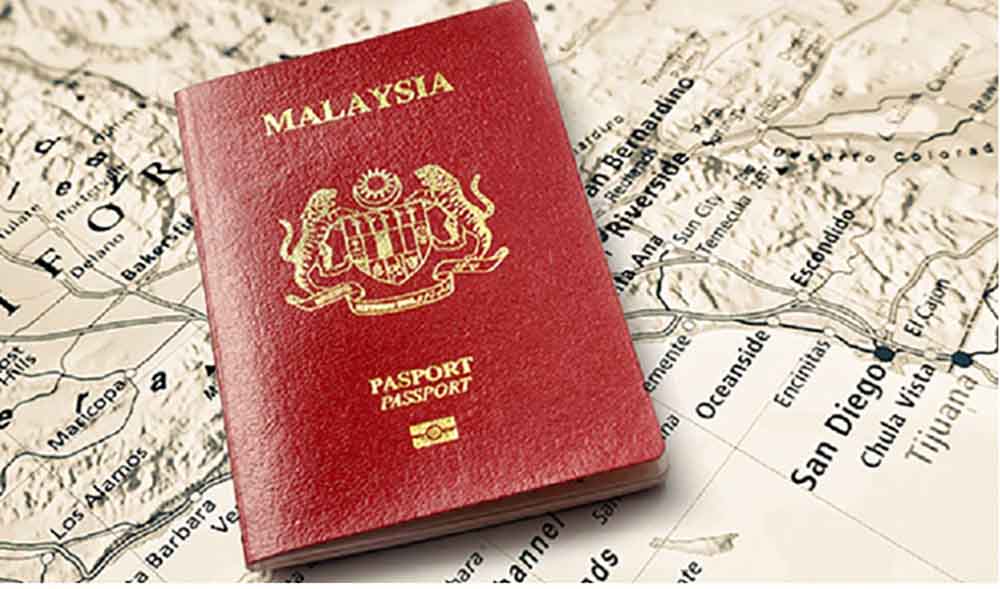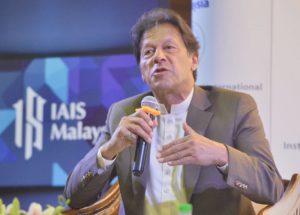Each year the organisation ranks all the world’s passports according to the number of destinations their holders can access without a prior visa.
Japan came top of the list with visa-free access to 191 countries, followed by Singapore and South Korea. The rest of the top 10 was dominated by Western nations.
Meanwhile, a Malaysian passport allows its citizens to travel to 178 countries visa-free. The Malaysian passport has such prestige because Malaysia is a developed country that has strong bilateral relations which a number of regional and international bodies.
The UAE (18th) and Brunei (23rd) were the only other Muslim nations which ranked highly on the list.
The UAE has climbed a remarkable 47 places over the past 10 years and now has a visa-free/visa-on-arrival score of 171.
In general Middle Eastern countries made strong gains on the list as part of overall efforts to boost trade and tourism. The UAE and Saudi Arabia each climbed four places, while Oman climbed three.
Saudi Arabia is now in 66th place, with citizens able to access 77 destinations around the world without a prior visa, while Oman sits in 64th place, with a visa-free/visa-on-arrival score of 79.
But migration and mobility trends in the Middle East were largely driven by conflict. Deepening conflicts in Libya, Syria, and Yemen, and with renewed anti-government protests in Egypt, Iraq, and Lebanon, forced displacement which will most likely continue to dominate migration and mobility patterns within the Middle East.
Moreover, most Muslim passports appeared at the bottom of the list with Afghanistan ranked last in 107th place. It has only 26 visa free destinations.
Other Muslim countries that ranked 100th or lower were Sudan, Palestine, Libya, Yemen, Somalia, Pakistan, Syria and Iraq.
Henley Passport Index said the latest results show that globally people are more mobile than ever before but also indicate a growing divide when it comes to travel freedom, with Japanese passport holders able to access 165 more destinations around the world than Afghan nationals, for example.
Commenting in the report, Dr. Parag Khanna, the Founder and Managing Partner of FutureMap in Singapore, noted: “Migration, as with almost everything else, is a function of supply and demand — and, increasingly, it is accepted that more migration creates more demand, stimulating much needed economic growth. As the world economy heads into a synchronised slowdown, we must view migration as part of the solution, not the problem.”











